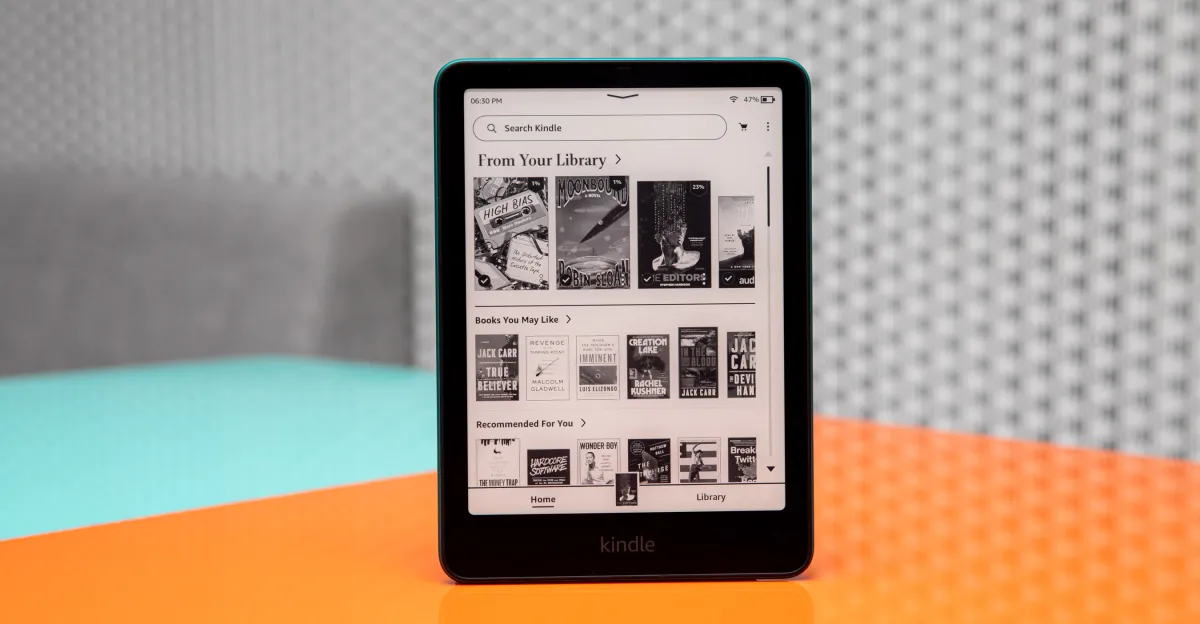Amazon has announced that starting on February 26, 2025, it will remove the “Download & Transfer via USB” feature from its website. This option currently allows Kindle users to download purchased books to a computer and manually transfer them to a Kindle via USB.
While most users rely on Wi-Fi for book transfers, this feature has been valuable for those who prefer offline backups or want to convert books for use on non-Kindle e-readers. The removal of this feature marks a shift towards Amazon’s emphasis on cloud-based services.
Impact on Offline Access and Backup
One of the key advantages of this feature has been its usefulness for users without reliable Wi-Fi access. Although the process was somewhat tedious, as books had to be downloaded one at a time, it provided a sense of security in knowing that books were accessible offline. With this change, Kindle users will now have to depend entirely on Amazon’s servers to store and access their ebooks, raising concerns about long-term content availability.

This move also underscores the issue of digital content ownership. Amazon has a history of remotely modifying or removing books from users’ libraries. For example, in 2009, it deleted copies of Nineteen Eighty-Four and Animal Farm from Kindles due to copyright issues.
More recently, Roald Dahl’s books were altered on ebook platforms to include modified language. The inability to download and store local copies means users could lose access to their purchased books if Amazon decides to remove or update them in the future.
Limitations for Ebook Conversion
Another major consequence of this change is that users will no longer be able to easily convert Kindle books to formats like EPUB, which are compatible with alternative e-readers such as Kobo. Previously, books downloaded through Amazon’s website were in the AZW3 format, which allowed DRM to be removed using third-party tools.
However, modern Kindles primarily use the KFX format, which has a more restrictive DRM, making it significantly harder to convert and transfer books outside of Amazon’s ecosystem.
Amazon has confirmed the feature removal and stated that users will still be able to access their books via Wi-Fi-enabled Kindle devices, the Kindle app, and Kindle for the Web. A warning message now appears on Amazon’s website when selecting the USB transfer option, informing users of the upcoming change. While users will still be able to manually transfer non-Amazon ebooks and documents to Kindles via USB using Calibre or Amazon’s Send to Kindle apps, they will no longer have the option to download and store purchased books locally. This shift further strengthens Amazon’s control over Kindle content and limits user flexibility.




